Manmohan Singh while addressing a press conference just before winding up his two-day visit to Kashmir, said that the government was committed to work for a peaceful resolution.
Confident that Jammu and Kashmir was "turning the corner" and entering "a new chapter" in the peace process, prime minister Manmohan Singh today hoped that the government's offer of dialogue would be reciprocated in the spirit it has been made.
Addressing a press conference just before winding up his two-day visit to Kashmir, he said the government was committed to work for peaceful resolution of all problems facing the state, both in internal and external dimensions.
He said India was ready to discuss all issues with Pakistan provided it creates an "atmosphere in which negotiations can be fruitful" but made it clear that it will "not act under pressure of anybody".
Singh said there there is "no pre-condition" for talks with Pakistan but the "practical aspect" is that there will be no headway till Pakistan brings under "effective control" the terror elements in that country.
"We are ready to discuss all issues with Pakistan.. We sincerely hope Pakistan will create an atmosphere in which negotiations can be fruitful," he said.
Singh, who held discussions with various sections of the society in Kashmir, said he was returning to Delhi "fully satisfied" after his visit here. "I believe a new chapter is opening in the peace process in the state and Jammu and Kashmir is turning the corner," the Prime Minister said.
Referring to his "appeal" for dialogue will separatists in J&K, he said "I hope it will be reciprocated in the spirit it was made." He said the government will have to carry all stake-holders in the state to achieve "permanent peace in J&K so that we can concentrate on the ambitious agenda of development and full economic revival and create lot more jobs for the young people."
Singh said the government is willing to engage in "serious discussions" with every group provided they shun the path of violence.
When referred to a remark by Hurriyat leader Mirwaiz Umar Farooq justifying the role of gun in separatist movement, the prime minister said, "One should not read too much in a statement made in anger."
Singh said he still hoped that "all those who have good and well-being of the people of J&K in their hearts will respond favourably to my appeal." At the same time, he slammed Organisation of Islamic Conference (OIC) for making certain adverse comments on Jammu and Kashmir and appointing a special representative and said India has protested against these.
"We regret the OIC has got into this business and we have lodged a protest with OIC on this count," he said. "We want a peaceful resolution to all problems facing J&K, both in its internal dimensions and also external dimensions," Singh said. He, however, made it clear that India "is not acting under anybody's pressure, we are not going to be induced to act under pressure of anybody."
Singh said it was in the interest of people of Jammu and Kashmir as well as Pakistan that the "relations between our two countries should be what they ought to be between two neighbours." In this context, he referred to his oft-repeated statement that the destinies of India and Pakistan are closely interlinked.
Singh described as "far-fetched and far from truth" Pakistan interior minister Rehman Malik's charge that India was abetting violence in Balochistan and funding Taliban.
"I have said earlier that what was alleged about India's role in Balochistan has no basis and those who are levelling these false charges, they know it jolly well and the same applies to the latest statement of an important minister of Pakistan accusing India of financing Taliban," he said.
"I think, nothing can be far-fetched and far from truth," he said, adding India was a victim of terrorism aided and abetted from Pakistani soil. "Therefore, my simple answer that both the references to Balochistan and what has been said with regard to India funding Taliban are totally false," he said.
To a question whether India was satisfied with Pakistan's steps on Mumbai attacks, he said, "Obviously we are not satisfied. That goes without saying. We sincerely hope and believe that the Government of Pakistan will take effective measures to bring to justice all the perpetrators of 26/11." On talks with Pakistan, Singh said, "If negotiations to deal with all outstanding issues are to make any headway, it is essential that terrorist elements should be brought undercontrol".
"We are a democracy. If day in and day out terrorist attacks continue to take the precious lives of our citizens we cannot create the requisite 'mahol' (atmosphere) for meaningful negotiation.
"What I am saying, so, it is not a precondition. It is a practical way of looking at things. That negotiations which are essential, which we are prepared for, cannot make much headway unless and until Pakistan brings under effective control these terrorist groups," Singh said.
Replying to a question on railway minister Mamata Banerjee's reported remarks that there were no Maoists in the country, Singh said he had not seen the statement of his cabinet colleague. "Well, I have not seen this statement of the railway minister. Obviously, the Maoist threat is a reality and the government of India is duty bound to deal with it in an effective manner," he said.
Singh refused to comment on West Bengal government negotiating with Naxals for the release of abducted policemen. "Well, it would not be proper for me to comment on any state government. I refuse to enter into any argument with anybody on that," he said.
On CPI(M) allegations of collusion between Banerjee and the Maoists and the letter the Left party had written to him, Singh said that he had read it in the newspapers.
"I have not seen the letter the CPM people have written to me. When I go back, I will look into the letter and its contents," he said. Singh said the threat posed by the Maoists has to be dealt with in a "holistic way".
"Every state has to maintain and enforce law and order. The law and order is the pre-condition of any sustained social and economic development. "Whatever is necessary to enforce law and order it is the responsibility and duty of every civilised state to do that, he said.
The Prime Minister said that in certain areas, particularly areas where the tribal population is a large proportion of the total population, there is an alienation.
"This probably reflects that development programmes that have been put in place they are not reaching out to those people. So, we have to operate on two legs -- we have to enforce law and order and simultaneously we should pay attention to the development dimension of the problem as well," Singh said.
![submenu-img]() T20 World Cup 2024: ICC reprimands Afghanistan captain Rashid Khan ahead of semi-final vs South Africa
T20 World Cup 2024: ICC reprimands Afghanistan captain Rashid Khan ahead of semi-final vs South Africa![submenu-img]() Veteran BJP leader LK Advani admitted to AIIMS Delhi
Veteran BJP leader LK Advani admitted to AIIMS Delhi![submenu-img]() DNA TV Show: Did Delhi CM Arvind Kejriwal put blame on Manish Sisodia in liquor policy case?
DNA TV Show: Did Delhi CM Arvind Kejriwal put blame on Manish Sisodia in liquor policy case?![submenu-img]() Watch: Shatrughan Sinha shares inside photos, videos from Sonakshi Sinha, Zaheer Iqbal's 'wedding of the century'
Watch: Shatrughan Sinha shares inside photos, videos from Sonakshi Sinha, Zaheer Iqbal's 'wedding of the century'![submenu-img]() Kalki 2898 AD director Nag Ashwin reveals these two south stars will also appear in film, Prabhas reacts: Watch
Kalki 2898 AD director Nag Ashwin reveals these two south stars will also appear in film, Prabhas reacts: Watch![submenu-img]() Meet woman who topped class 10, 12, CLAT, law school, cracked UPSC in 1st attempt without coaching to become IAS with...
Meet woman who topped class 10, 12, CLAT, law school, cracked UPSC in 1st attempt without coaching to become IAS with...![submenu-img]() Meet IIT-JEE topper with AIR 7, daughter of Maths teacher, scored 332 marks in JEE Advanced 2024, planning to...
Meet IIT-JEE topper with AIR 7, daughter of Maths teacher, scored 332 marks in JEE Advanced 2024, planning to...![submenu-img]() UPSC topper IAS Tina Dabi's Class 12 marks goes viral on social media, check her scores in different subjects
UPSC topper IAS Tina Dabi's Class 12 marks goes viral on social media, check her scores in different subjects![submenu-img]() Meet woman who is not from IIT, IIM, VIT, NIT, got job with record-breaking package of...
Meet woman who is not from IIT, IIM, VIT, NIT, got job with record-breaking package of...![submenu-img]() Meet Indian genius who saved lakhs of lives with his discovery, received six Nobel nominations, but never won due to…
Meet Indian genius who saved lakhs of lives with his discovery, received six Nobel nominations, but never won due to…![submenu-img]() DNA Verified: Did Kangana Ranaut party with gangster Abu Salem? Actress reveals who's with her in viral photo
DNA Verified: Did Kangana Ranaut party with gangster Abu Salem? Actress reveals who's with her in viral photo![submenu-img]() DNA Verified: New Delhi Railway Station to be closed for 4 years? Know the truth here
DNA Verified: New Delhi Railway Station to be closed for 4 years? Know the truth here![submenu-img]() DNA Verified: Did RSS chief Mohan Bhagwat praise Congress during Lok Sabha Elections 2024? Know the truth here
DNA Verified: Did RSS chief Mohan Bhagwat praise Congress during Lok Sabha Elections 2024? Know the truth here![submenu-img]() DNA Verified: Is CAA an anti-Muslim law? Centre terms news report as 'misleading'
DNA Verified: Is CAA an anti-Muslim law? Centre terms news report as 'misleading'![submenu-img]() DNA Verified: Lok Sabha Elections 2024 to be held on April 19? Know truth behind viral message
DNA Verified: Lok Sabha Elections 2024 to be held on April 19? Know truth behind viral message![submenu-img]() Alia Bhatt mesmerises in gown, Ranbir Kapoor looks classy in tuxedo in latest romantic photos, fans say 'couple goals'
Alia Bhatt mesmerises in gown, Ranbir Kapoor looks classy in tuxedo in latest romantic photos, fans say 'couple goals'![submenu-img]() Newlyweds Sonakshi Sinha-Zaheer Iqbal pose candidly with paps; Anil Kapoor, Kajol, Huma Qureshi attend wedding reception
Newlyweds Sonakshi Sinha-Zaheer Iqbal pose candidly with paps; Anil Kapoor, Kajol, Huma Qureshi attend wedding reception![submenu-img]() Meet Lovekesh Kataria: Elvish Yadav's close friend, Bigg Boss OTT 3 contestant who lied to father, spent his fees on...
Meet Lovekesh Kataria: Elvish Yadav's close friend, Bigg Boss OTT 3 contestant who lied to father, spent his fees on...![submenu-img]() From Highway to Chandu Champion: 5 underrated gems from Sajid Nadiadwala
From Highway to Chandu Champion: 5 underrated gems from Sajid Nadiadwala![submenu-img]() In pics: Bigg Boss OTT 3 house with dragons, two-sided walls is all about fantasy coming alive
In pics: Bigg Boss OTT 3 house with dragons, two-sided walls is all about fantasy coming alive![submenu-img]() Lok Sabha Speaker's Election: What does the Constitution say?
Lok Sabha Speaker's Election: What does the Constitution say?![submenu-img]() Explained: Why is Kerala demanding to change its name to Keralam?
Explained: Why is Kerala demanding to change its name to Keralam?![submenu-img]() DNA Explainer: What is Kafala system that is prevalent in gulf countries? Why is it considered extremely brutal?
DNA Explainer: What is Kafala system that is prevalent in gulf countries? Why is it considered extremely brutal? ![submenu-img]() Lok Sabha Elections 2024: What are exit polls? When and how are they conducted?
Lok Sabha Elections 2024: What are exit polls? When and how are they conducted?![submenu-img]() DNA Explainer: Why was Iranian president Ebrahim Raisi seen as possible successor to Ayatollah Khamenei?
DNA Explainer: Why was Iranian president Ebrahim Raisi seen as possible successor to Ayatollah Khamenei?![submenu-img]() Watch: Shatrughan Sinha shares inside photos, videos from Sonakshi Sinha, Zaheer Iqbal's 'wedding of the century'
Watch: Shatrughan Sinha shares inside photos, videos from Sonakshi Sinha, Zaheer Iqbal's 'wedding of the century'![submenu-img]() Kalki 2898 AD director Nag Ashwin reveals these two south stars will also appear in film, Prabhas reacts: Watch
Kalki 2898 AD director Nag Ashwin reveals these two south stars will also appear in film, Prabhas reacts: Watch![submenu-img]() Kaun Banega Crorepati 16: Amitabh Bachchan introduces thought-provoking campaign, fans say 'eagerly waiting for show'
Kaun Banega Crorepati 16: Amitabh Bachchan introduces thought-provoking campaign, fans say 'eagerly waiting for show'![submenu-img]() Why Kalki 2898 AD makers chose June 27 release date? Know how it is connected to Mahabharata, Lord Vishnu
Why Kalki 2898 AD makers chose June 27 release date? Know how it is connected to Mahabharata, Lord Vishnu![submenu-img]() Ahead of Kalki 2898 AD's release, makers have this request from fans: 'Let's please respect...'
Ahead of Kalki 2898 AD's release, makers have this request from fans: 'Let's please respect...'![submenu-img]() Mukesh Ambani's son Anant Ambani and Radhika Merchant's wedding invite goes viral, watch video here
Mukesh Ambani's son Anant Ambani and Radhika Merchant's wedding invite goes viral, watch video here![submenu-img]() '4 bhk for 15 crore,': Netizens in shock after Noida man's video for house hunt goes viral
'4 bhk for 15 crore,': Netizens in shock after Noida man's video for house hunt goes viral![submenu-img]() Isha Ambani's latest picture with twins is going viral on social media due to...
Isha Ambani's latest picture with twins is going viral on social media due to...![submenu-img]() Gulbadin Naib under scrutiny, may face heavy fine after dramatic Afghanistan win
Gulbadin Naib under scrutiny, may face heavy fine after dramatic Afghanistan win![submenu-img]() Makeover of homeless woman leaves internet stunned, netizens says...
Makeover of homeless woman leaves internet stunned, netizens says...
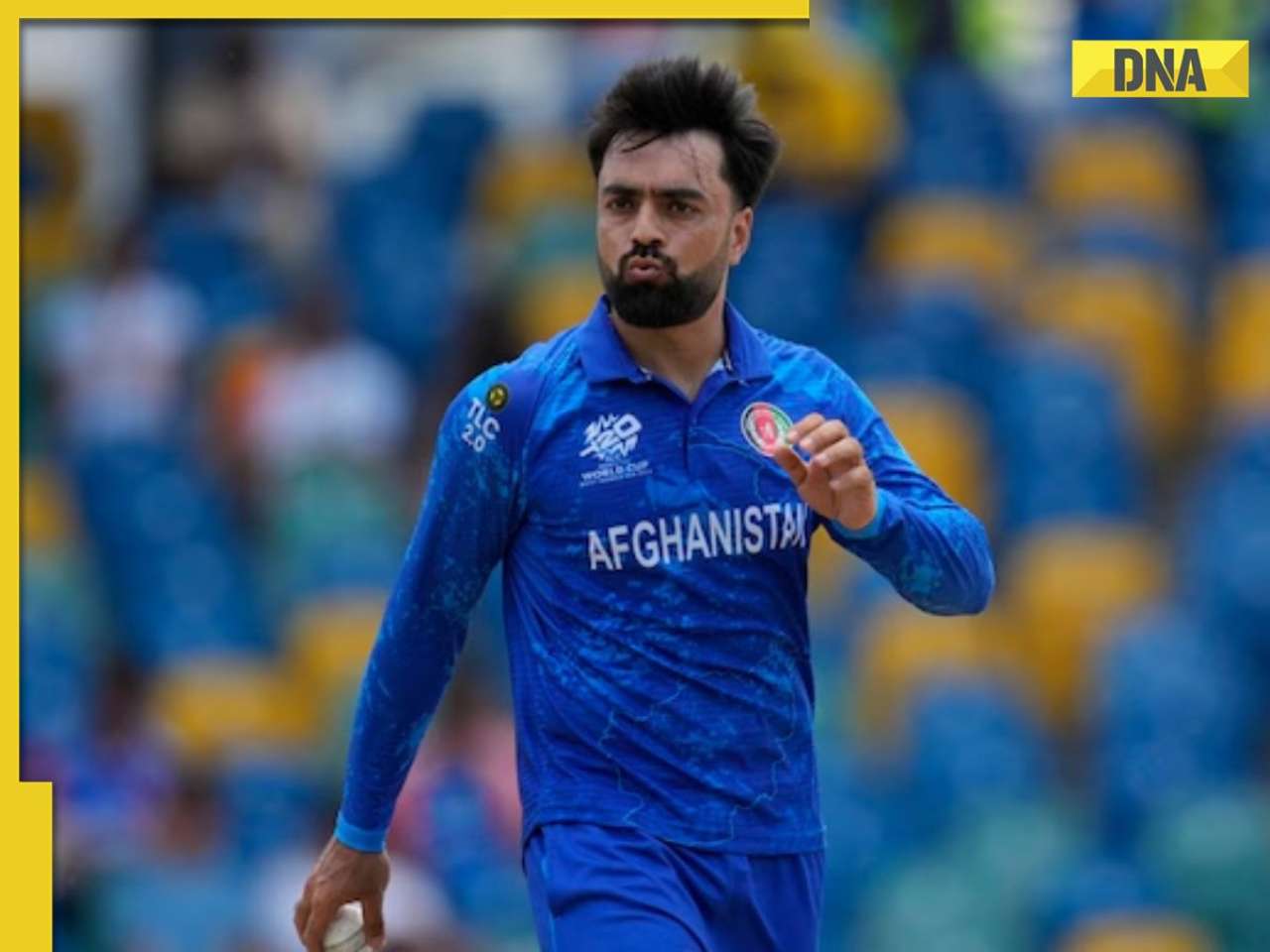
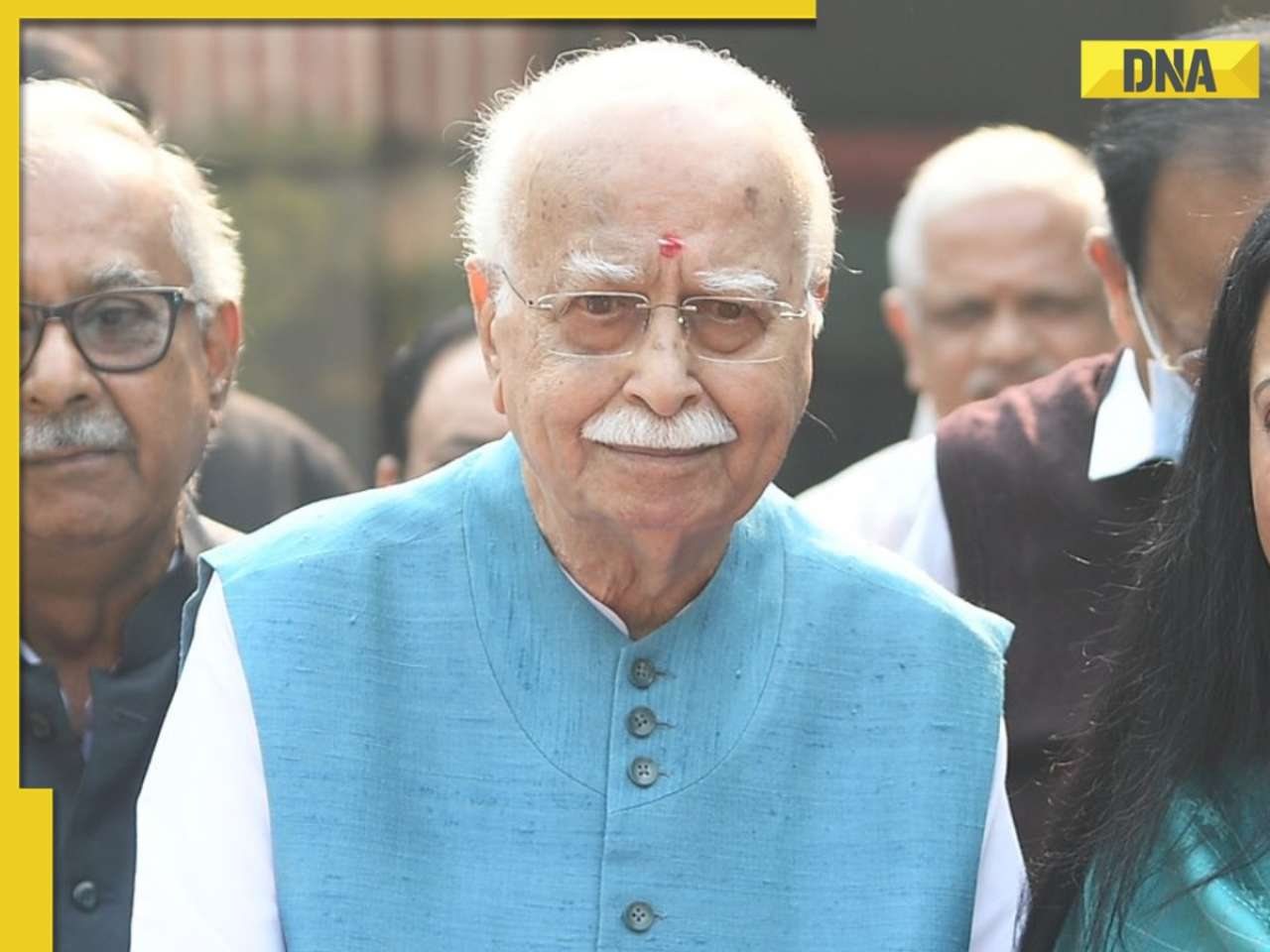
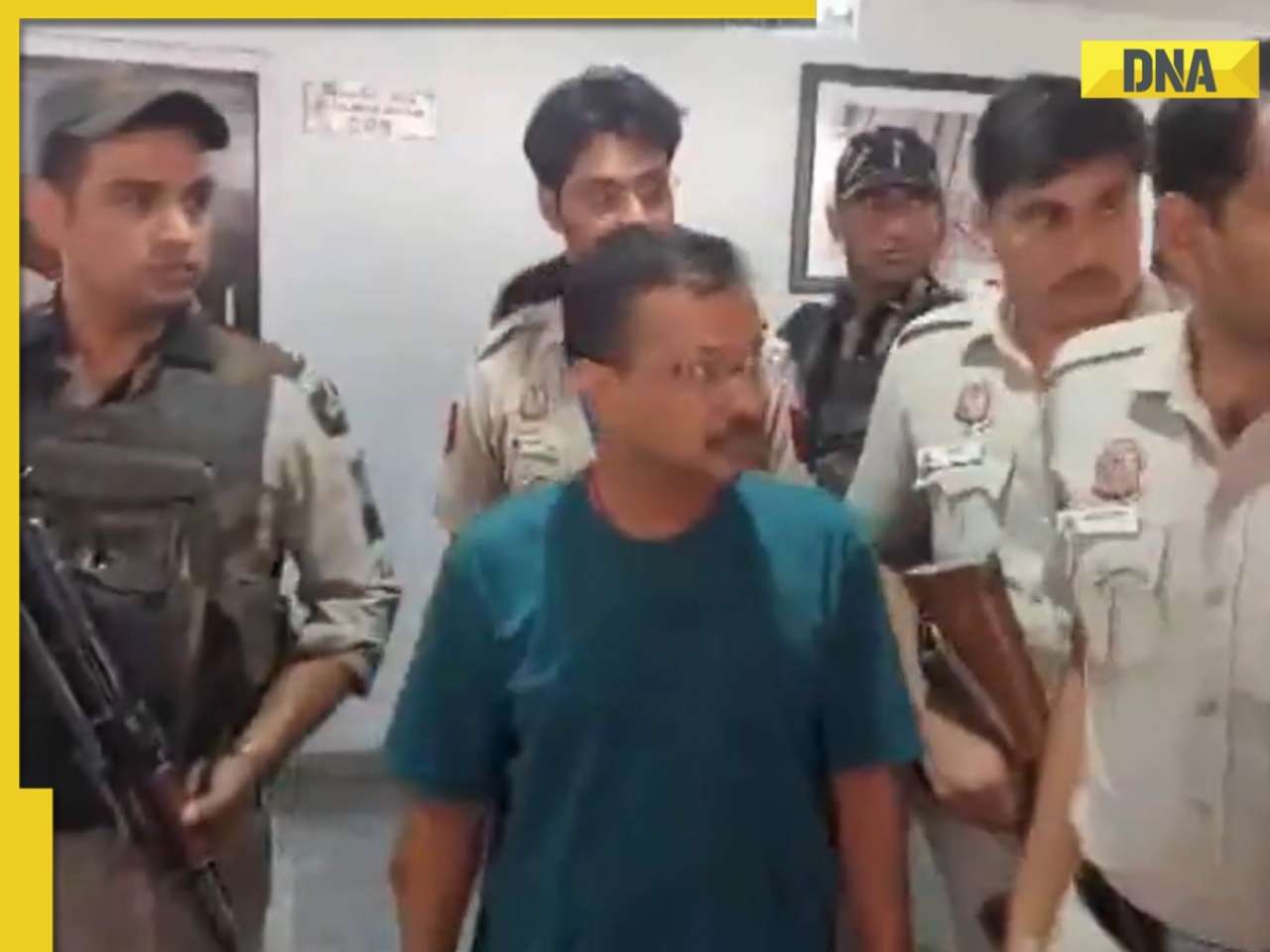
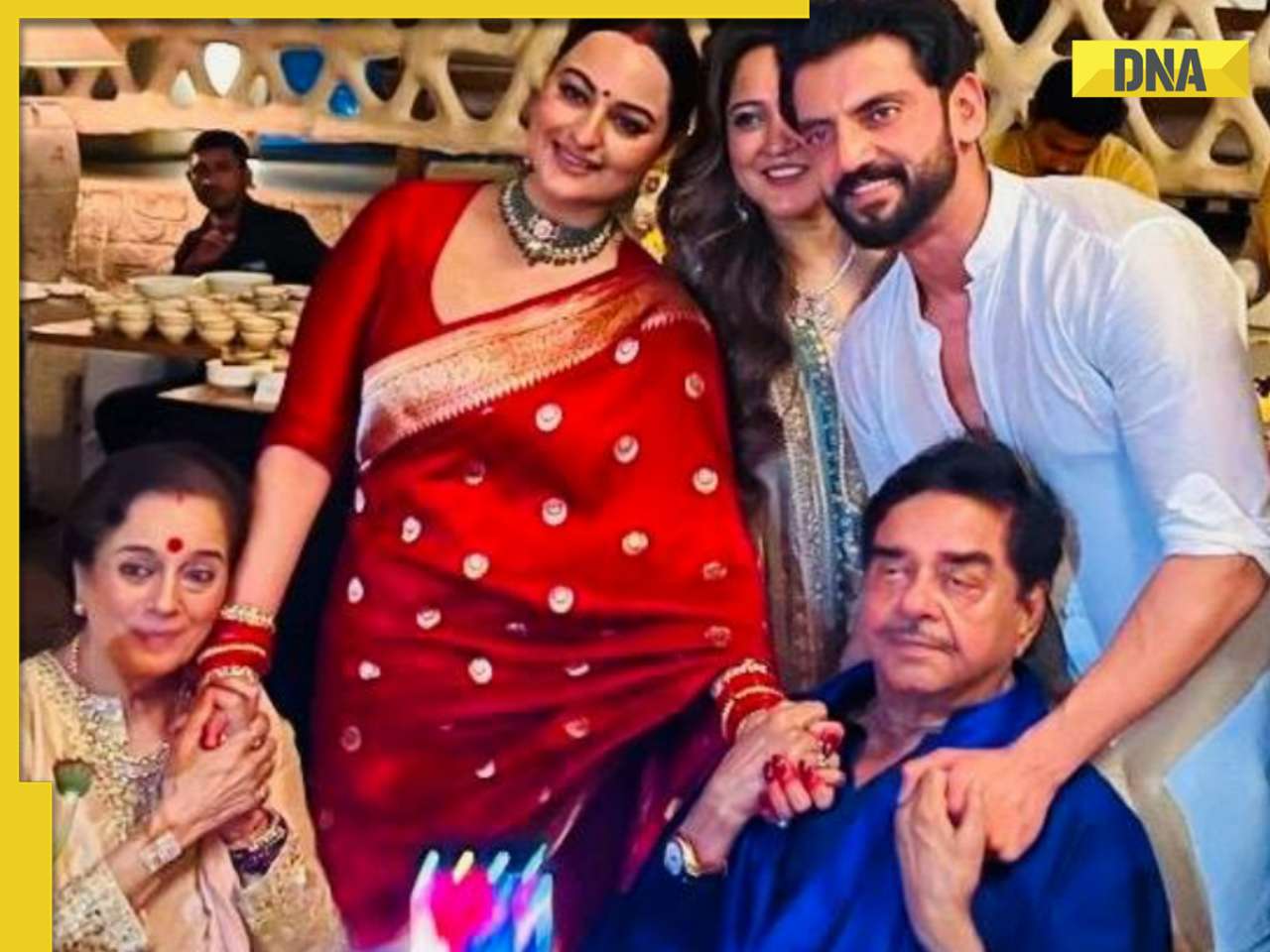







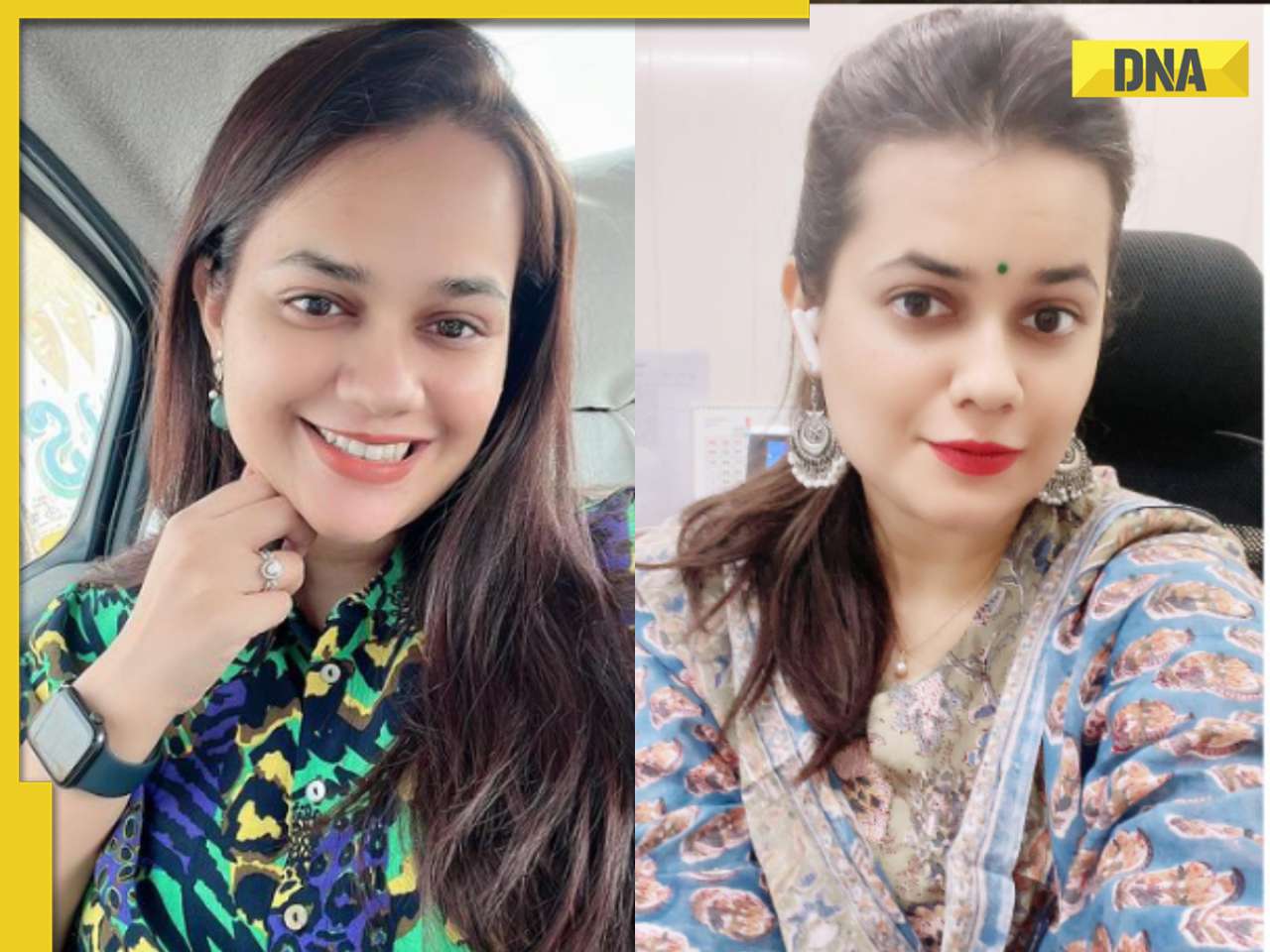
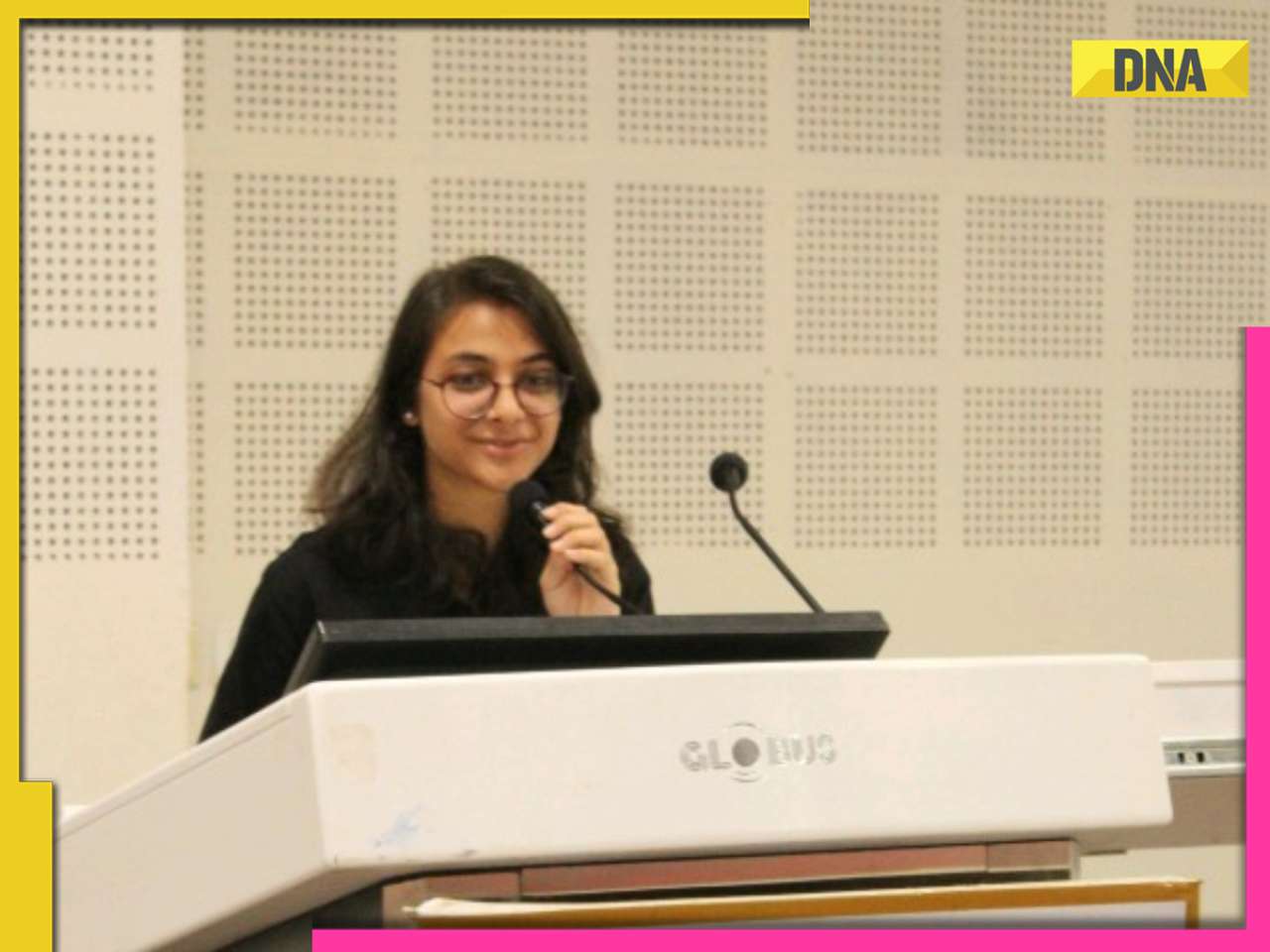
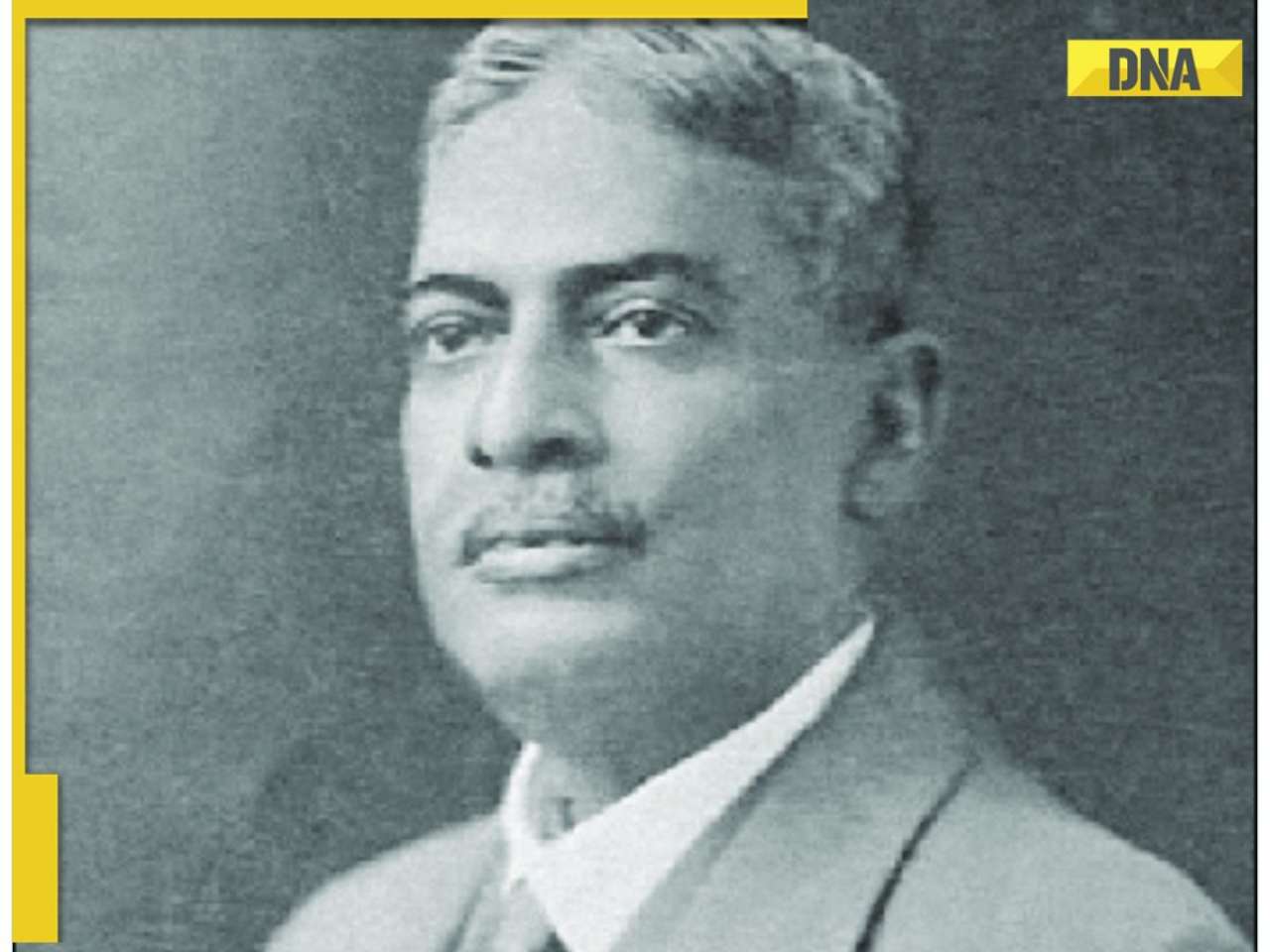










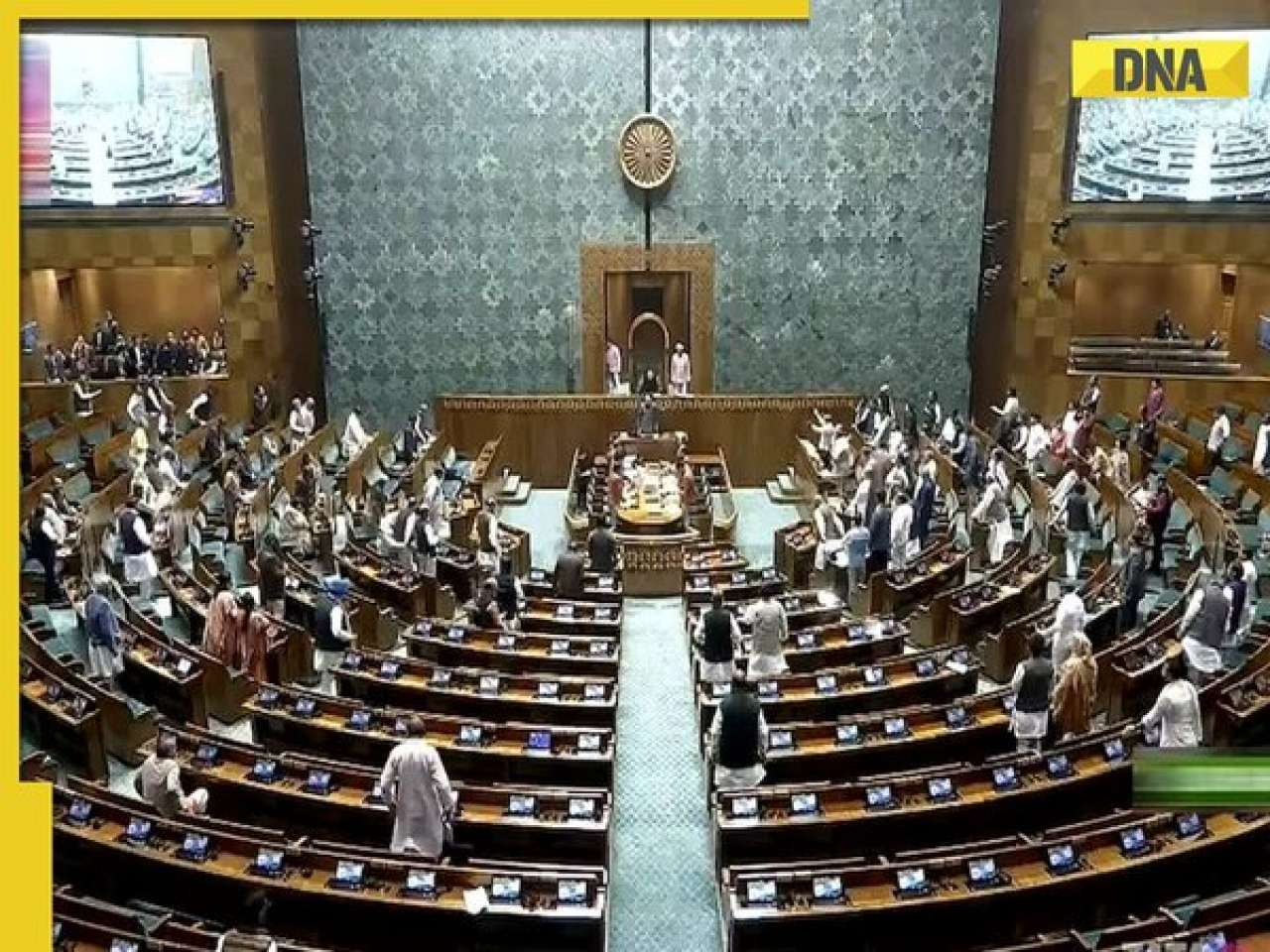
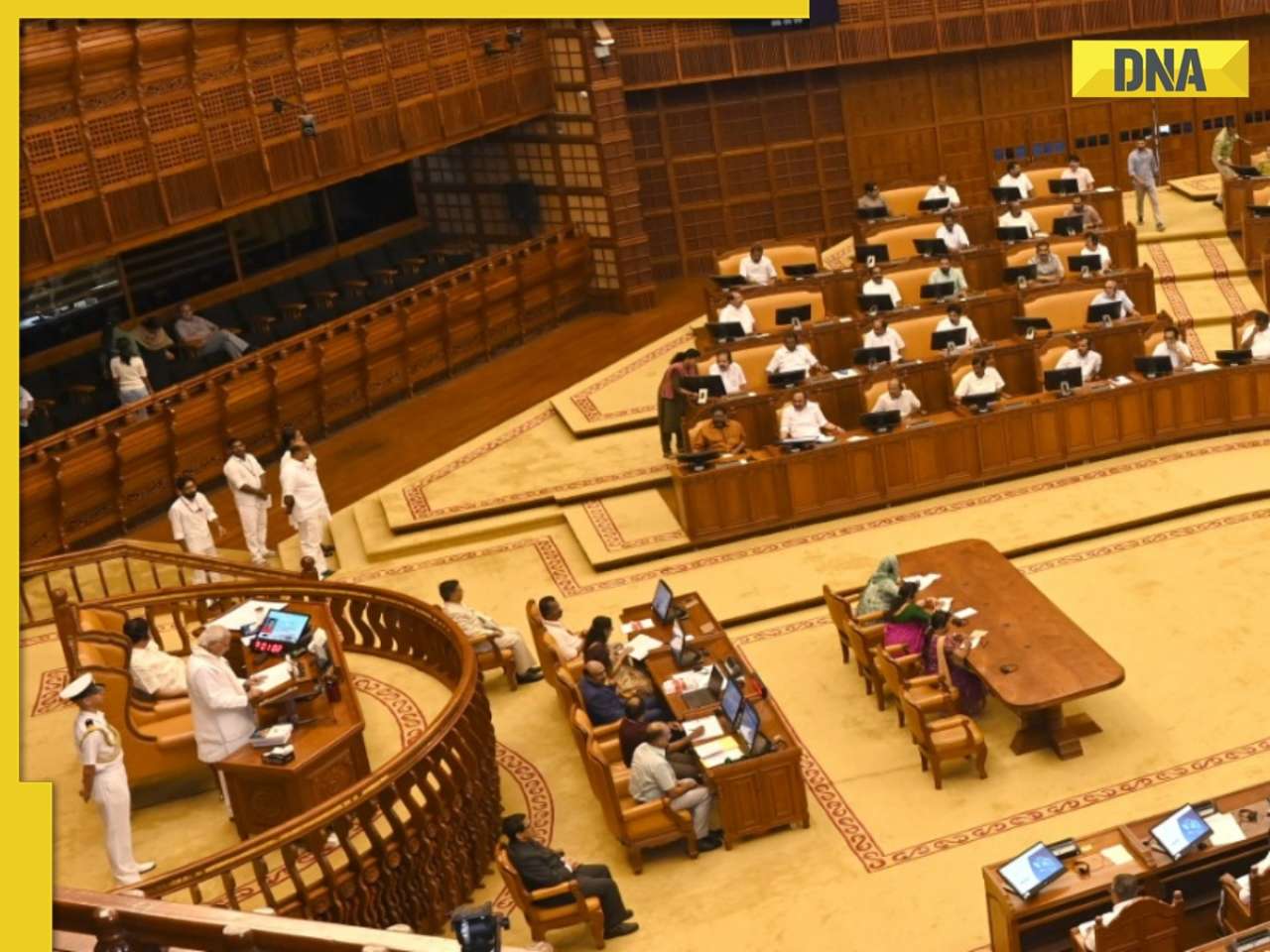



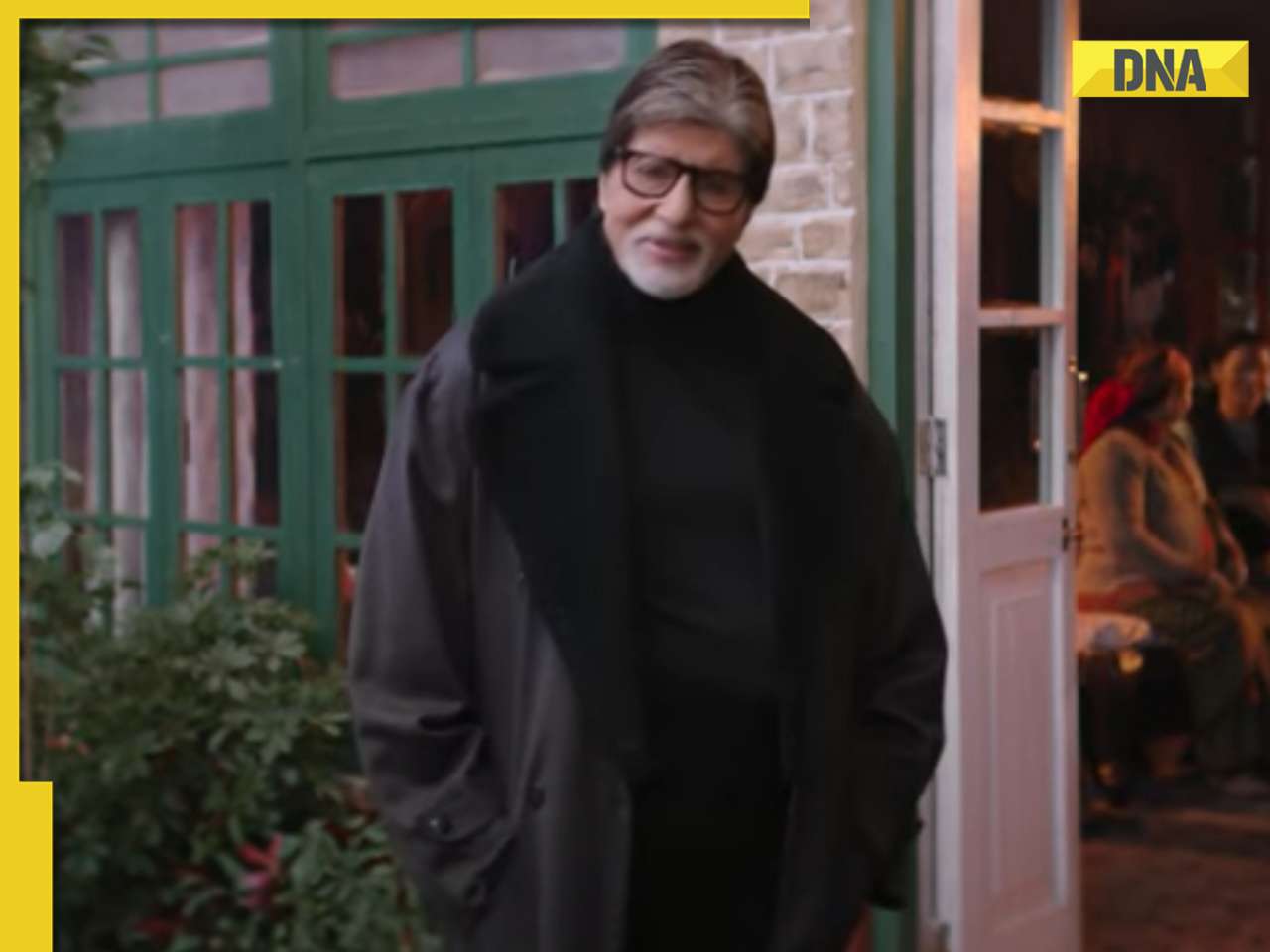


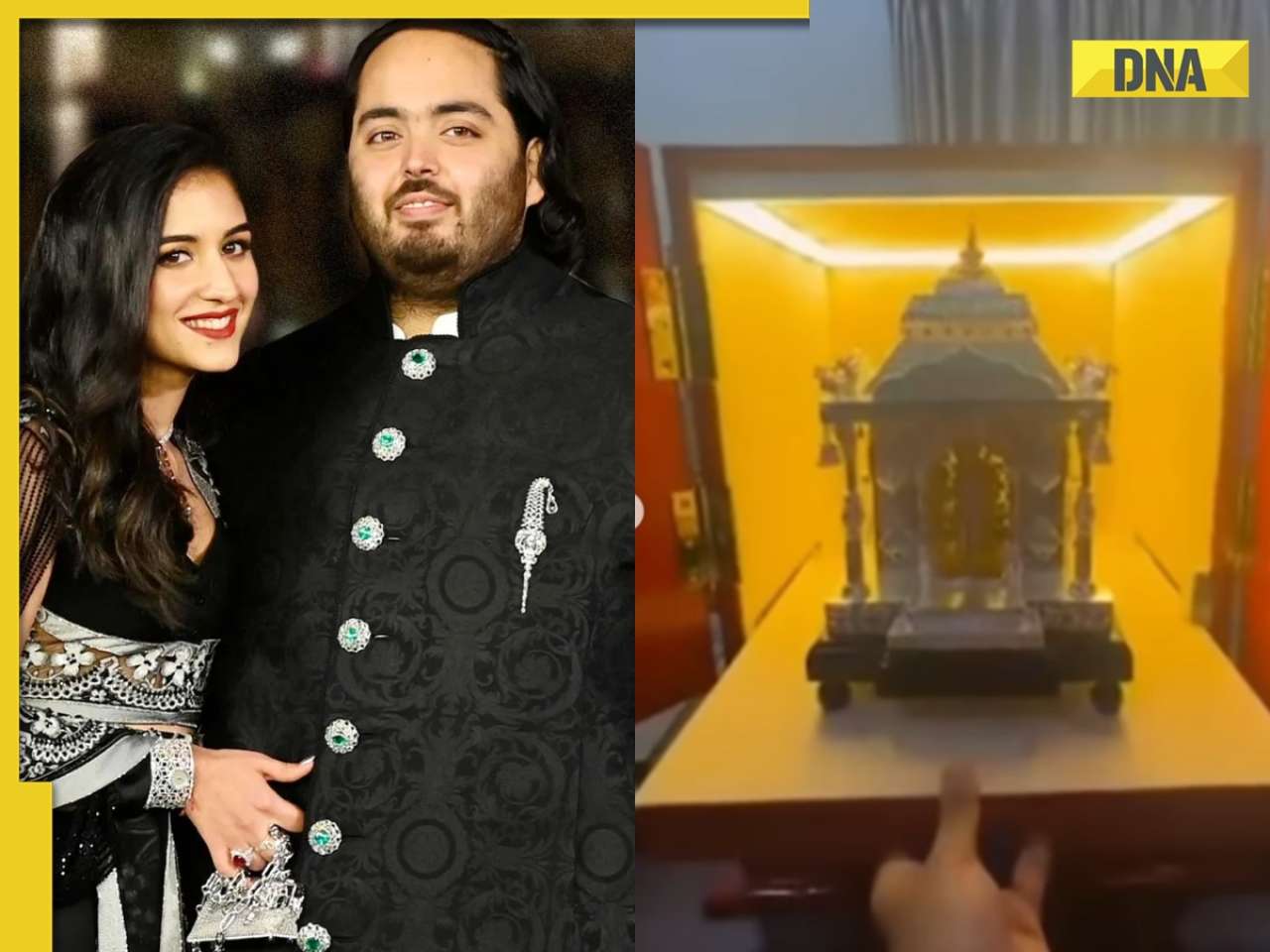
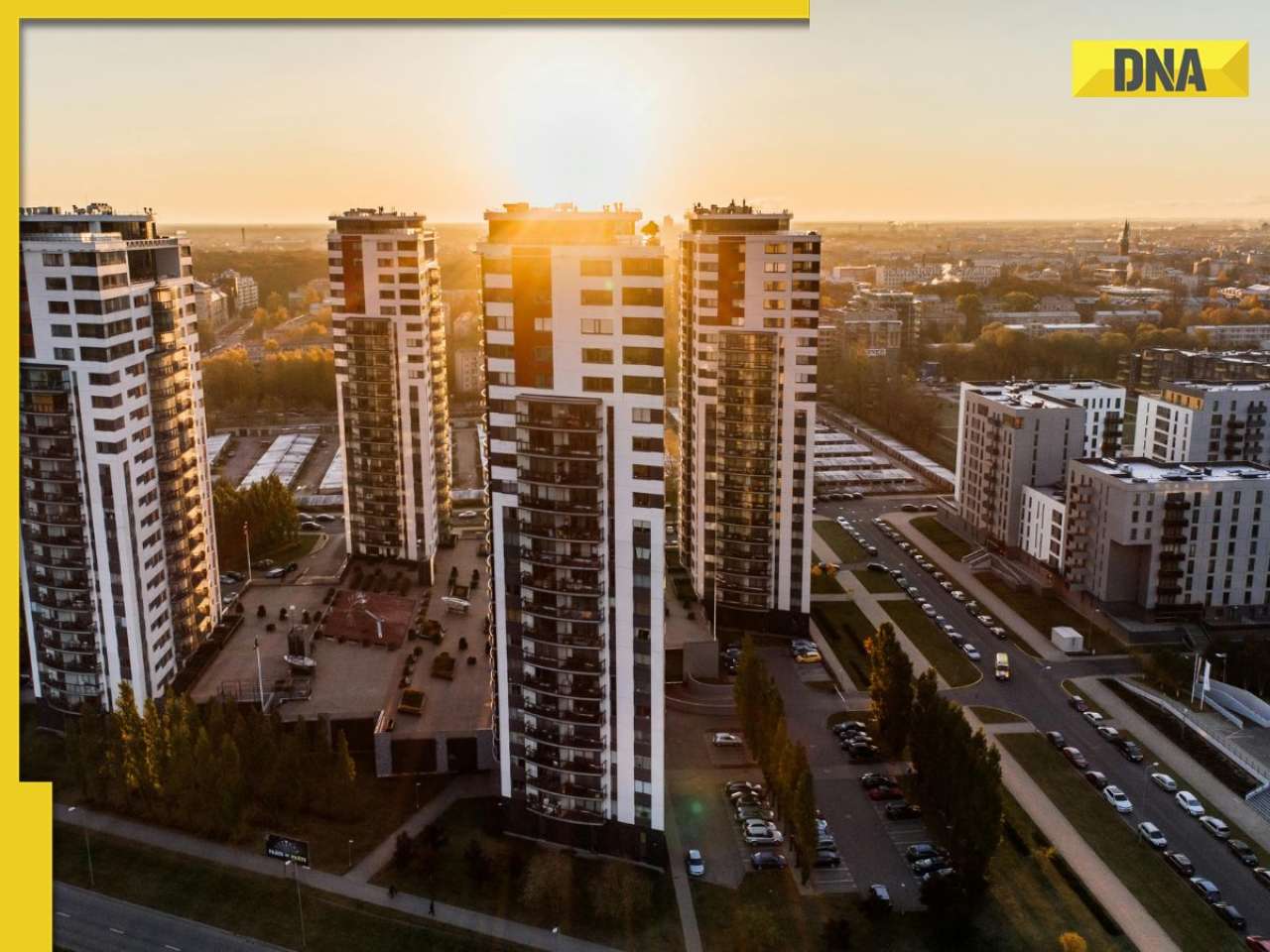








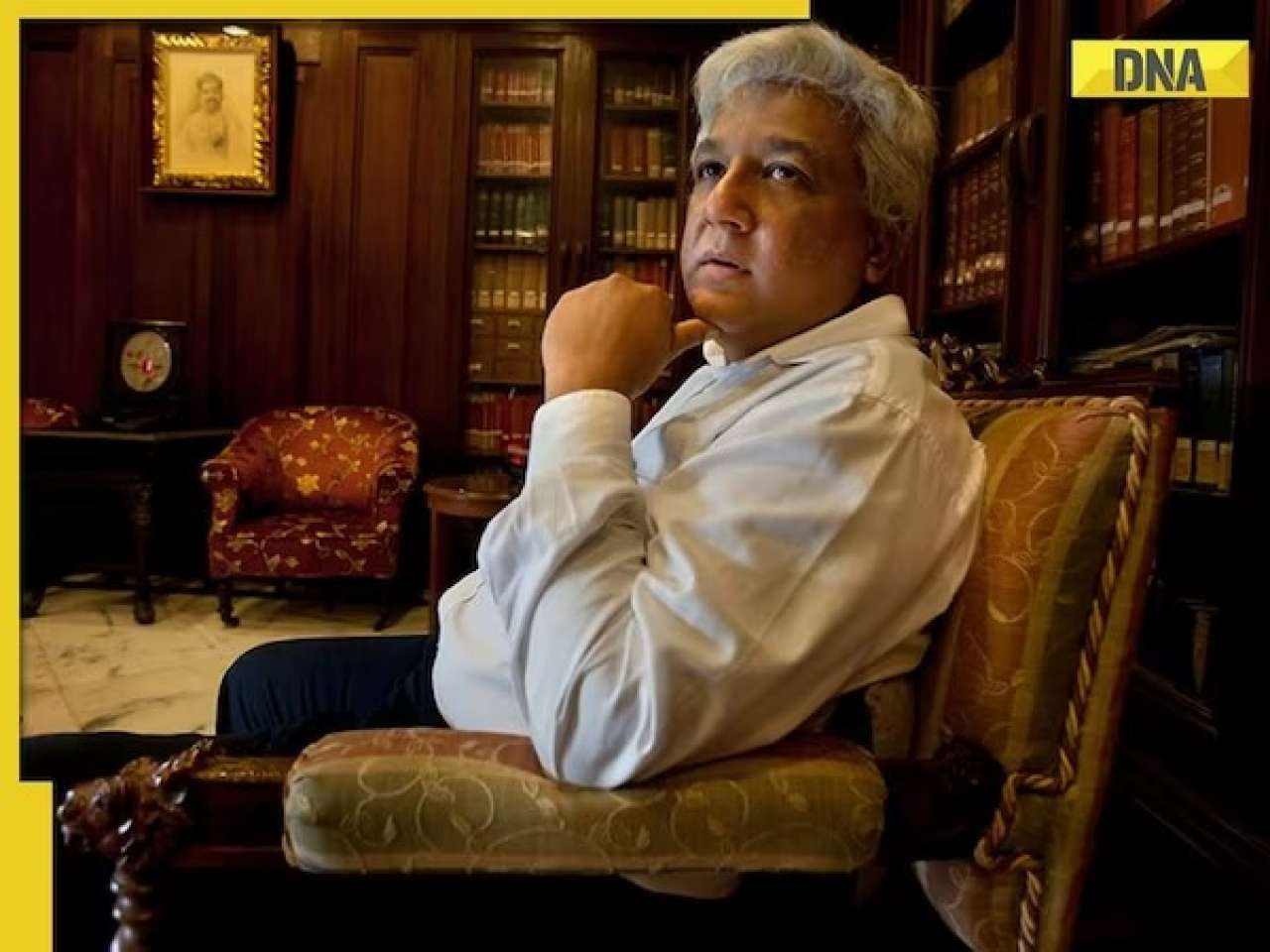
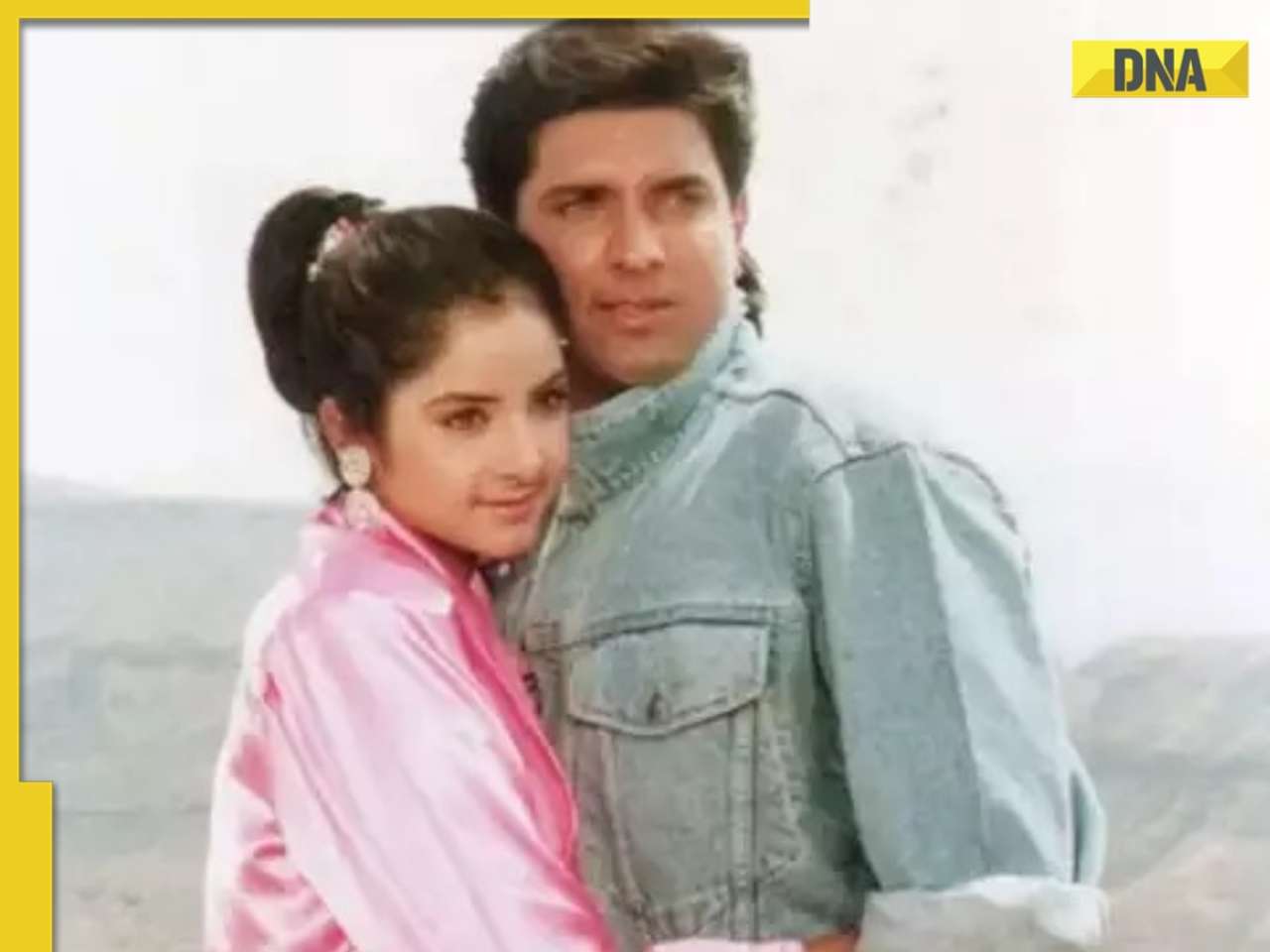
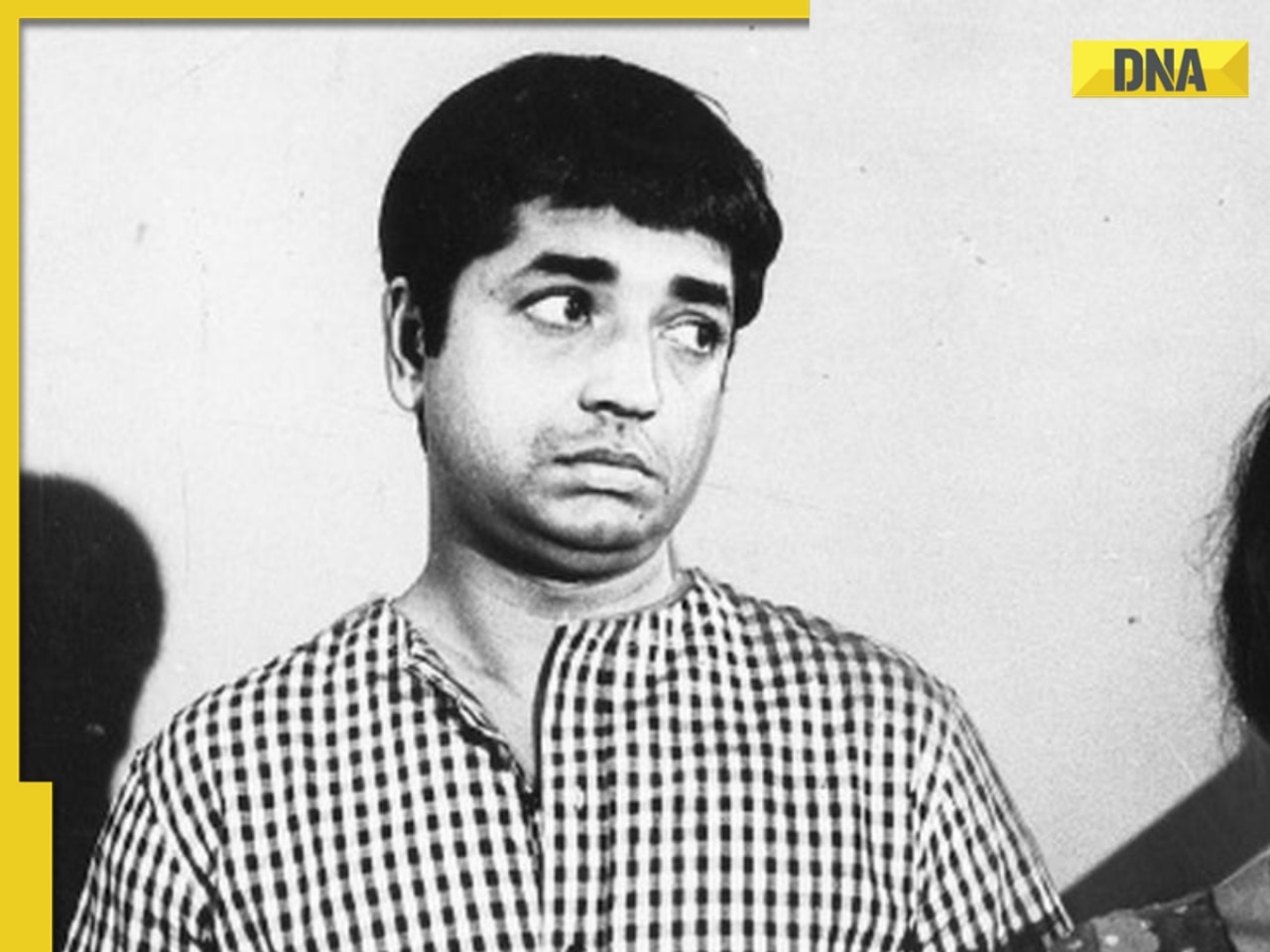
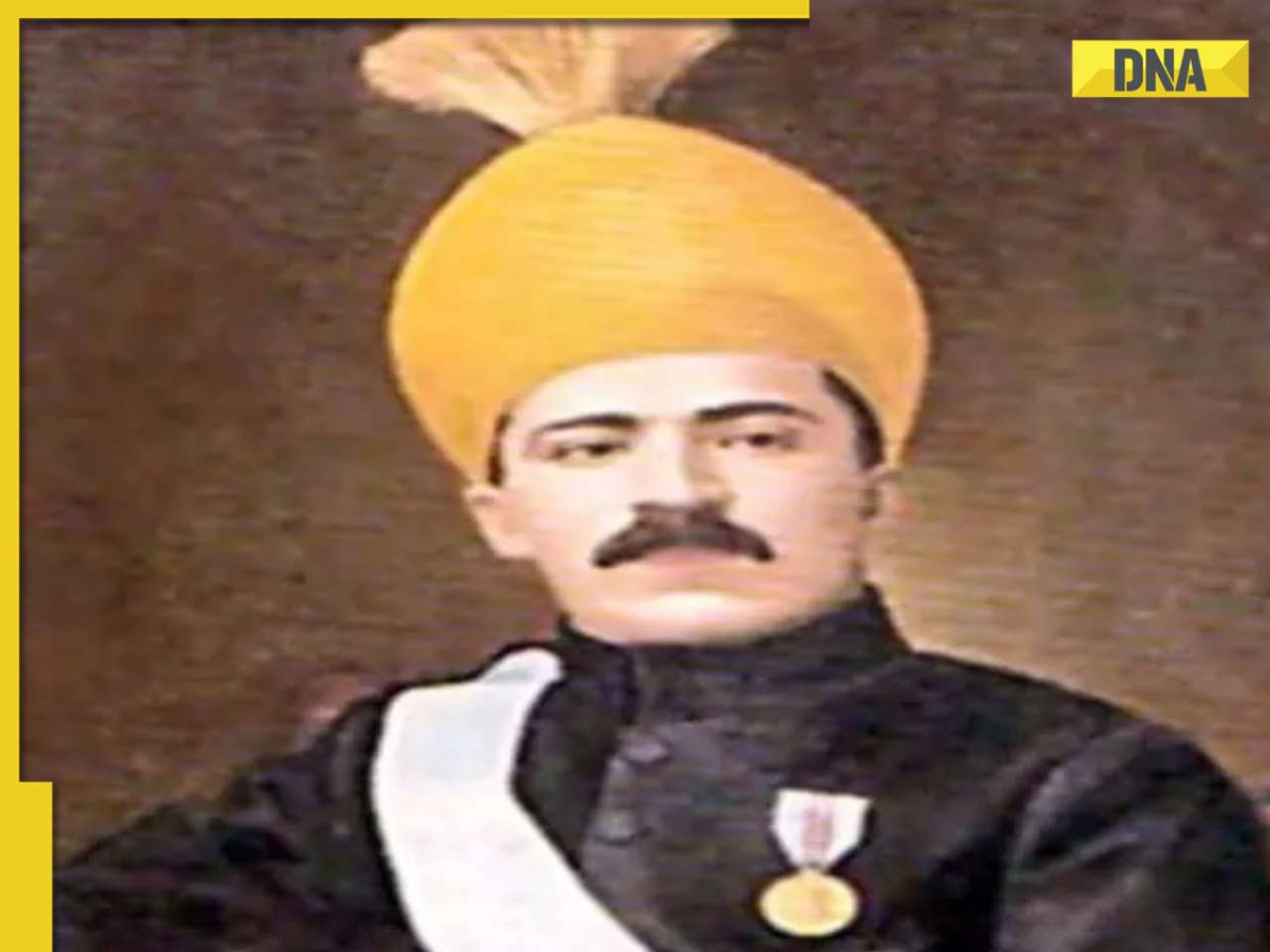



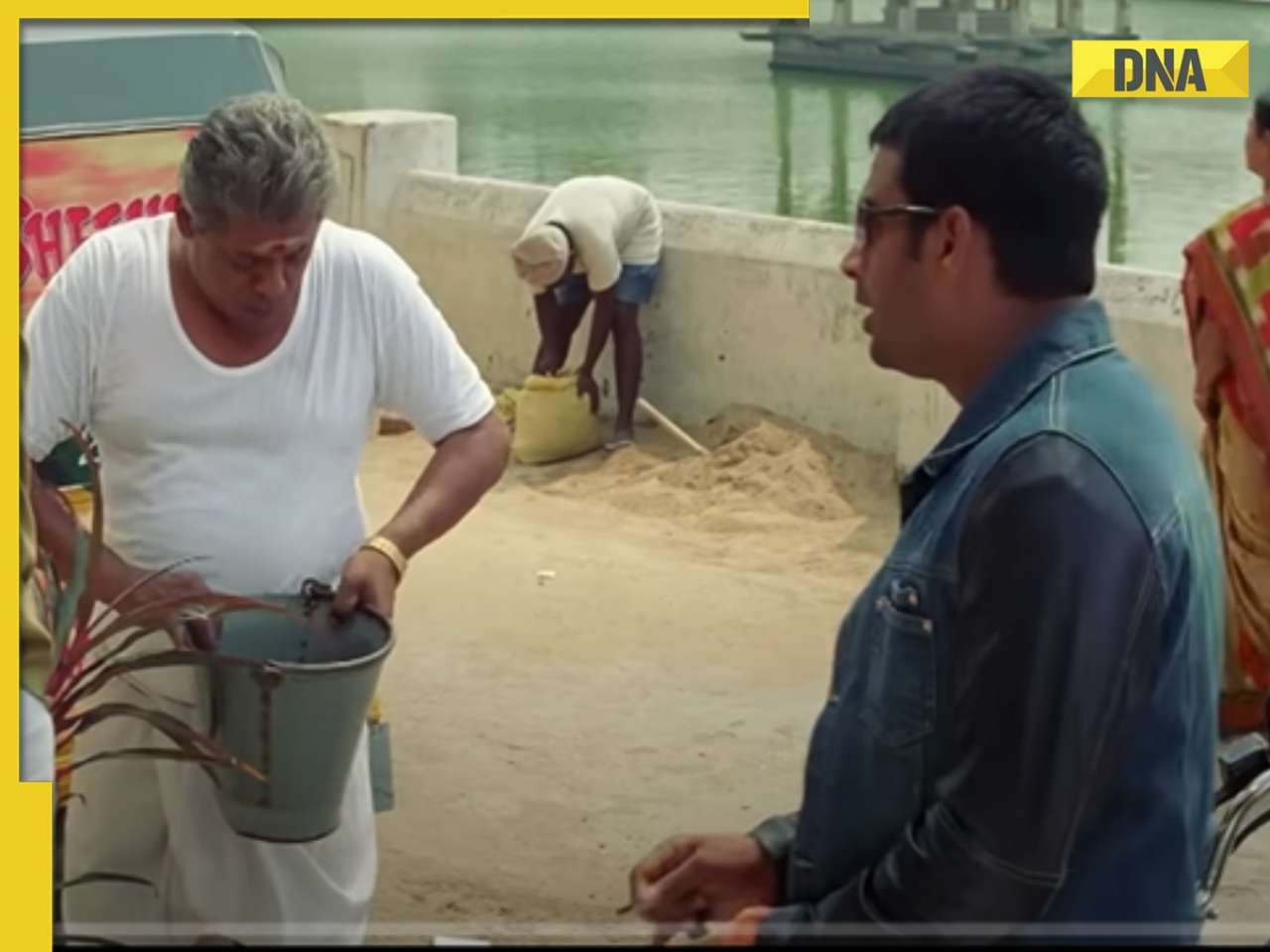







)
)
)
)
)
)